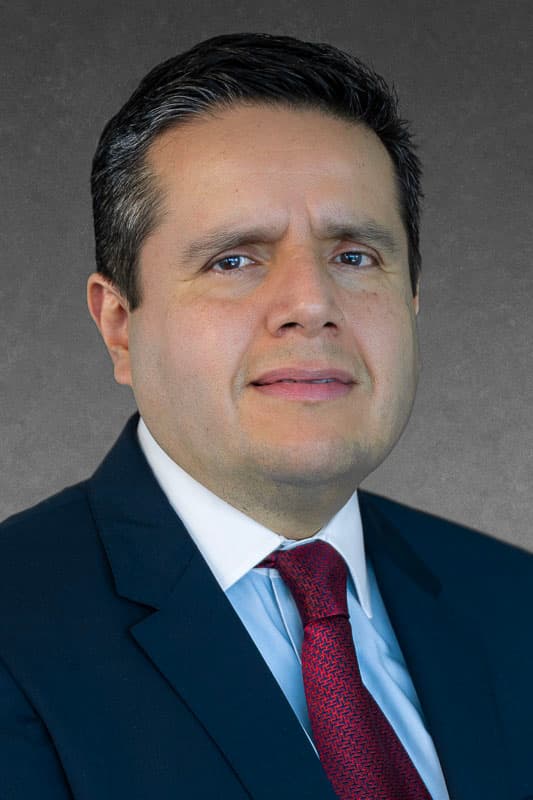US election could impact trade, FDI and M&A in Mexico
As the US presidential election day nears, uncertainty increases in Mexico with trade concerns regarding the upcoming 2026 review of the United States-Mexico-Canada Agreement (USMCA). The campaign rhetoric used by both main candidates and economic disagreements could negatively impact M&A activities, according to sources.
The general perception in Mexico is that a renegotiation of the trade agreement would be more difficult with Donald Trump, noted a manager director at a global private equity firm with offices in Mexico.
Trump’s approach has historically been transactional and focused on “America First” principles. As a candidate for a second term, he has promised increased tariffs on automobiles manufactured in Mexico to limit Chinese producers from supplying auto parts for Mexican-assembled cars, according to Victor Ceja, Head of Economic Research at Valmex brokerage house. While such measures would likely impact M&A activity and foreign investment in Mexico, they may not be feasible as they could undermine the trade agreement’s original intent and provoke discontent from Mexico and Canada.
Trump’s potential blanket tariffs of up to 20% on all imports could also violate the USMCA and incite a response from Mexico, added Kenneth Smith Ramos, partner at Agon law firm.
Meanwhile, the scenario might not be easier with Kamala Harris. Harris, who opposed the USMCA’s ratification in 2020, has expressed intentions to strengthen labor and environmental policies to appeal to Rust Belt voters.
Whichever candidate wins the presidency, they will have tools to shape the commercial relationship with Mexico, including measures to protect US national security and prevent the import of goods made with forced labor, said Emilio Arteaga, foreign trade partner at Vazquez, Tercero & Zepeda law firm.
The nearshoring trend has bolstered M&A in Mexico since 2023, driven by the automotive and electronics sectors, particularly in the Northeast, Bajio, and Northwest regions. However, FDI in Mexico has fluctuated post-pandemic, peaking at USD 20.2bn in 2022 but declining to USD 13.7bn in 2023, according to the Mexican Secretary of Economy.
Electoral uncertainty has caused some investors to pause their plans in Mexico, compounded by actions from former President Andres Manuel Lopez Obrador that weakened the legal framework, including a constitutional amendment affecting federal judges and magistrates.
After three decades of integration between the US and Mexico, any trade measures that disrupt this balance will be significant for both countries, concluded Santillan.

Pedro Canabal
Foreign Trade and Tax Partner




